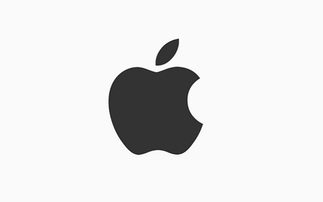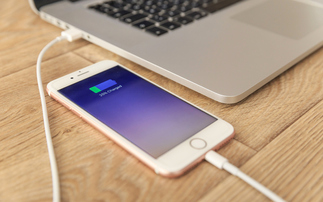Android devices look set to improve, but deal may open new doors for Microsoft
Google has entered into an agreement to acquire mobile phone company Motorola Mobility Holdings for approximately $12.5bn (£7.7bn). The mobile platform is set to remain a licensee of Android, as...
To continue reading this article...
Join Computing
- Unlimited access to real-time news, analysis and opinion from the technology industry
- Receive important and breaking news in our daily newsletter
- Be the first to hear about our events and awards programmes
- Join live member only interviews with IT leaders at the ‘IT Lounge’; your chance to ask your burning tech questions and have them answered
- Access to the Computing Delta hub providing market intelligence and research
- Receive our members-only newsletter with exclusive opinion pieces from senior IT Leaders






















